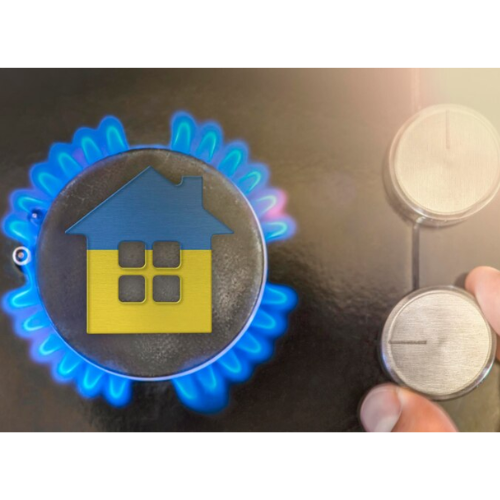Introduction:
Staying warm during the cold winter months is critical for both comfort and well-being. However, selecting the best heating system for your home can be a difficult decision, particularly when it comes to energy efficiency and cost-effectiveness. Natural gas heating vs reverse cycle air conditioners (also known as heat pumps) are both common choices. This article discusses the fundamental differences between these systems to help you decide which is more energy-efficient and better suited to your needs.
Natural Gas Heating:
Natural gas heating systems generate heat by combusting natural gas. The heated air is then transported throughout your home via ducts, effectively warming individual rooms.
Pros:
- Fast Heating: Natural gas heaters produce a rapid and obvious increase in temperature, making them perfect for quickly warming up an area.
- Effective in Cold Climates: These systems are effective in cold areas because they stay efficient even in extremely low temperatures, making them ideal for regions with hard winters.
- Potentially Reduced Upfront Costs: In some cases, natural gas heating systems may be less expensive to install than reverse-cycle air conditioners.
Cons:
- Higher Operating Costs: Because natural gas is a nonrenewable resource, its price fluctuates dramatically. This can result in greater operating expenses compared to electricity-powered devices such as reverse-cycle air conditioners.
- Safety Concerns: Natural gas combustion produces dangerous pollutants such as carbon monoxide, necessitating proper ventilation and regular maintenance.
- Environmental Impact: Burning natural gas increases greenhouse gas emissions, which have an impact on the environment.
Reverse Cycle Air Conditioning:
Reverse-cycle air conditioners, unlike standard air conditioners, can also heat your home. They work by absorbing heat from the outside air, even in frigid conditions, and transferring it indoors via electricity.
Pros:
- Energy Efficient: Reverse cycle systems are typically thought to be more efficient than natural gas heating, particularly in temperate regions. They can considerably lower your energy bills over time.
- Environmentally Friendly: Because they use electricity, they do not directly contribute to greenhouse gas emissions, providing a more sustainable heating choice.
- Multi-Functional: A single system can heat and cool, reducing the need for separate systems and providing year-round comfort.
Cons:
- Slower Heating: Compared to natural gas systems, reverse cycle air conditioners take longer to heat a room. This may not be ideal in situations when immediate warming is sought.
- Less Effective in Extreme Cold: While they can work in cold areas, their effectiveness might suffer dramatically at very low temperatures, necessitating the need for supplementary heating sources.
- Potentially Higher Upfront Costs: In certain circumstances, the initial cost of purchasing and installing a reverse cycle air conditioner is more than that of natural gas heating systems.
Making the Right Choice:
The ideal option for you relies on various criteria, including:
- Climate: If you reside in a region with mild winters, a reverse cycle system may be less expensive in the long term due to its superior efficiency. However, in hard winter climates, natural gas heating may be more efficient and effective.
- Budget: Consider the initial installation cost as well as estimated operating costs to identify the most cost-effective alternative over time.
- Environmental Impact: If you want a more sustainable solution, a reverse cycle system is better suited to that purpose.
- Personal Preferences: Consider how quickly you want your home to warm up and how comfortable you are with each choice.
In Conclusion:
Consulting a professional, such as Bayair Electrics, a reputable Bayside heating and air company, may provide helpful insights and advice based on your individual requirements and local climate. They can assist you in selecting the most energy-efficient and cost-effective heating system for your house, ensuring a comfortable and sustainable atmosphere throughout the winter season.





Comments